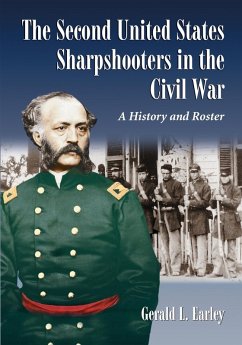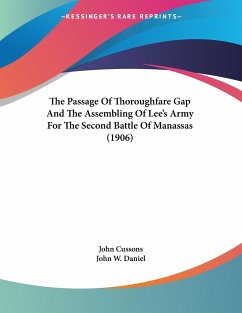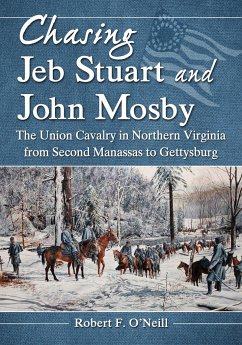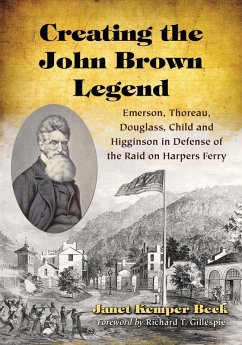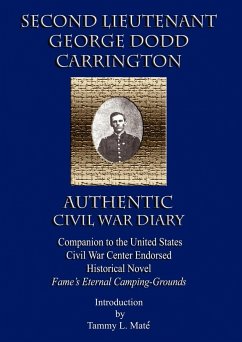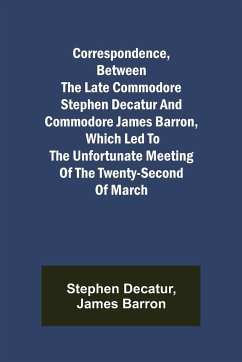
Fitz-John Porter, Scapegoat of Second Manassas
The Rise, Fall and Rise of the General Accused of Disobedience
Versandkostenfrei!
Versandfertig in 1-2 Wochen
35,99 €
inkl. MwSt.

PAYBACK Punkte
18 °P sammeln!
One of the darkest days in United States history since Valley Forge was August 30, 1862. On this date the Confederate army smashed the United States army at Manassas, on the outskirts of Washington. To many, including the president and press, it appeared that Washington was all but lost. The defeat was all the more galling because it was inflicted by a numerically inferior and inadequately equipped Confederate force. Someone, it was assumed, had to be responsible. Union commander Major General John Pope blamed the loss on charismatic and popular Major General Fitz-John Porter, whom he charged ...
One of the darkest days in United States history since Valley Forge was August 30, 1862. On this date the Confederate army smashed the United States army at Manassas, on the outskirts of Washington. To many, including the president and press, it appeared that Washington was all but lost. The defeat was all the more galling because it was inflicted by a numerically inferior and inadequately equipped Confederate force. Someone, it was assumed, had to be responsible. Union commander Major General John Pope blamed the loss on charismatic and popular Major General Fitz-John Porter, whom he charged with disobedience of orders and shameful conduct before the enemy. A court-martial found him guilty. But was Porter really guilty or did he save the country from an even greater disaster? This book addresses the question of Porter's guilt or innocence, examining the trial and its aftereffects from several perspectives.





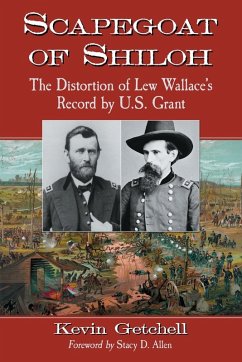

![Manassas (Bull Run) National Battlefield Park, Virginia [1953] Cover Manassas (Bull Run) National Battlefield Park, Virginia [1953]](https://bilder.buecher.de/produkte/66/66773/66773740n.jpg)
